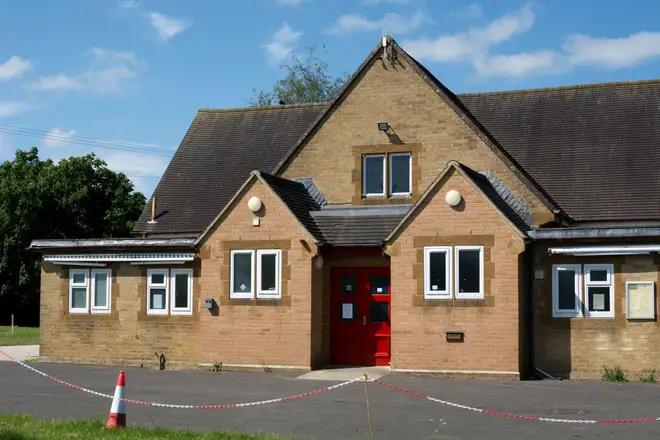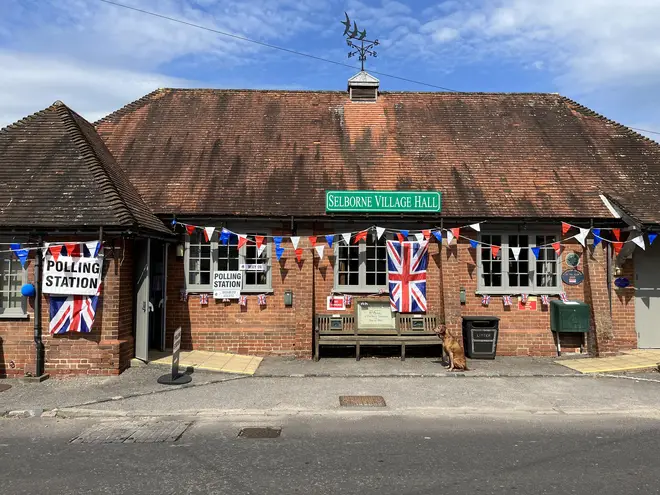
Nick Ferrari 7am - 10am
27 June 2023, 07:13

Thousands of village halls across Britain are facing the possibility of closure due to concerns over proposed anti-terrorism legislation aimed at enhancing security in public places.
The legislation, named Martyn's Law after Martyn Hett, a victim of the 2017 Manchester Arena attack, would require venues of all sizes to implement security measures, including training and evacuation plans.
However, the rules have raised worries about the burdensome impact of red tape on the UK's 10,000 volunteer-managed village halls, which are vital to local communities.
Tory MP Tim Loughton, a member of the Commons home affairs select committee, expressed his concern that the legislation could be "the final nail in the coffin" for these cherished community hubs.
One such village hall in Kingsclere, Hampshire, has already issued a warning that it may have to shut down. Chairman Sharon Morris submitted her concerns to the home affairs select committee, stating that if the bill is enacted, terrorists would achieve their goals by disrupting society without needing to resort to further attacks.

New security measures following the Manchester Arena bombing may burden community hubs
Morris explained the potential consequences, saying, "The Terrorism Bill in its current form would probably bring about the closure of our village hall... Trustees are premises' owners and rightly have duties, but those duties appear to make us responsible for the way in which community groups conduct their functions and for providing them with training, etc. We simply cannot have that level of responsibility for other people's conduct. Other ways to cascade it must be found. Otherwise, community organizations in rural settings like ours will die – along with community spirit and the culture of English life."
The proposed law mandates training for staff and volunteers at venues with a capacity of over 100, teaching them how to respond to threats, lockdown and evacuate premises, utilize fire safety equipment, call emergency services, and alert neighbors.
They struggle to generate enough revenue to cover a plethora of health and safety legislation already
Venues with capacities between 100 and 799 would be required to ensure a "baseline protection" for their customers.
The legislation was introduced in response to criticisms that the staff at the Manchester Arena were ill-prepared to identify risks and handle the 2017 attack, which claimed 22 lives.
While the need for training at larger venues is widely acknowledged, there are concerns that volunteers at smaller sites like village halls would be deterred by the additional requirements.
Mr Loughton, representing East Worthing and Shoreham, commented, "Local village halls do not fall into that category – hosting everything from wedding receptions to horticultural shows and yoga classes – none of which scream out high-risk targets... They are often run by volunteers and charitable trustees on a shoestring and struggle to generate enough revenue to cover a plethora of health and safety legislation already."
Clive Woodbridge, from the Local Government Association's Safer and Stronger Communities Board, expressed the association's broad support for the bill but also voiced concerns about its impact on the community, voluntary and faith sectors, as well as trustees of buildings like village halls.
Additionally, there are worries that the legislation may prove too costly for village pubs, despite the low risk they face due to their rural locations.
Emma McClarkin, CEO of the British Beer & Pub Association, warned that the new legislation could have an unnecessary reach, capturing numerous pubs that are unlikely targets for attacks due to their rural positioning.
A spokesperson from the Home Office stated, "The first duty of the Government is to protect the public, and we are committed to improving the security of public venues, to ensure the public can go about their lives freely and with confidence... The pre-legislative scrutiny will help ensure we create a strong Bill that is proportionate and not cumbersome or costly for smaller venues such as village halls."